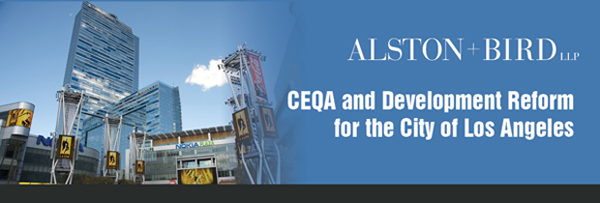June 29, 2011
Honorable Ed Reyes
and Members of the Planning and Land Use Committee
City of Los Angeles
200 North Spring Street
Los Angeles, California 90012-2601
RE: SUPPORT for Multiple Approval Procedural Revisions Case No. CPC-2010-1495-CA
Dear Councilmember Reyes:
On behalf of the Los Angeles Chapter of the American Institute of Architects (AIA|LA), we are writing to express our support for the Multiple Approval Procedural Revisions, which will help clarify several sections of the City of Los Angeles zoning code.
The proposed revisions will help streamline specific sections of the zoning code and ensure more predictability in the development process by clarifying language regarding the "utilization" of approvals. The revisions will create more consistent procedures for the review of projects that require multiple approvals and will "synchronize" expiration dates of approvals in the effort to maximize efficiencies within the Planning Department.
Streamlining the approval procedures section of the zoning code will eliminate planning staff redundancies and simplify administrative processes, which in turn will help save the City money and enable more planning staff resources to have the time to focus on envisioning and executing urban planning on the behalf of our City, as opposed to untangling bureaucratic burdens. Overall, these revisions will benefit the community by establishing a more transparent project review system, which will allow all stakeholders to more accurately assess the proposed project in context with its surrounding area. In short, it will help bolster additional certainty and facilitate the development of a more livable city by enabling planners, developers, community-stakeholders and architects to concentrate on improving the project for the benefit of all.
The AIA|LA applauds the efforts of the Department of City Planning to streamline approval procedures in the effort to maximize efficiencies. Furthermore, we strongly advocate that additional resources be applied towards a more comprehensive revision of our zoning code.
We look forward to partnering with you on that endeavor.
Very truly yours,
Nicci Solomons, Hon. AIACC
Executive Director
AIA Los Angeles
For more information, please contact:
Will Wright
Director, Government & Public Affairs
AIA Los Angeles
Tel: (213) 639-0764







